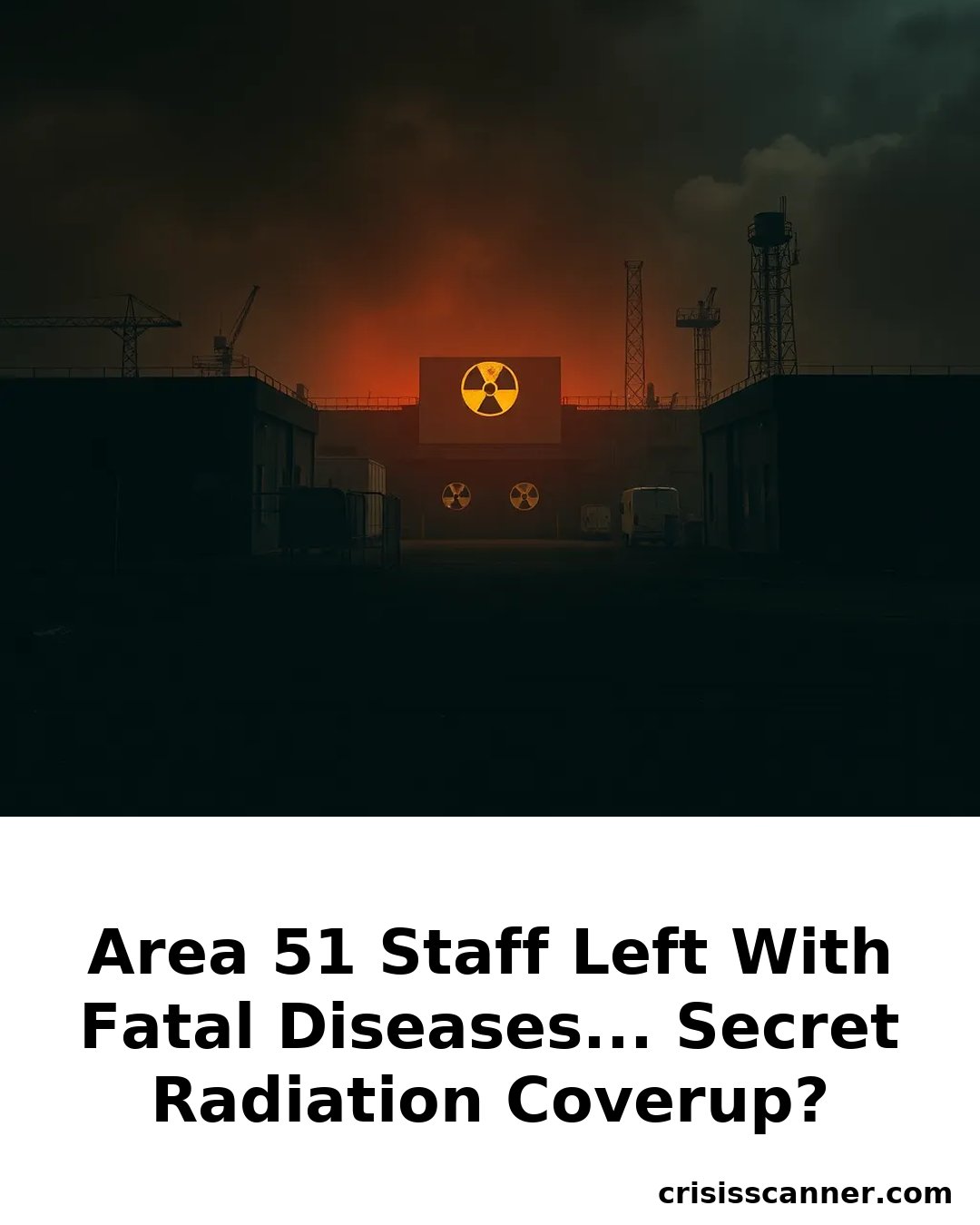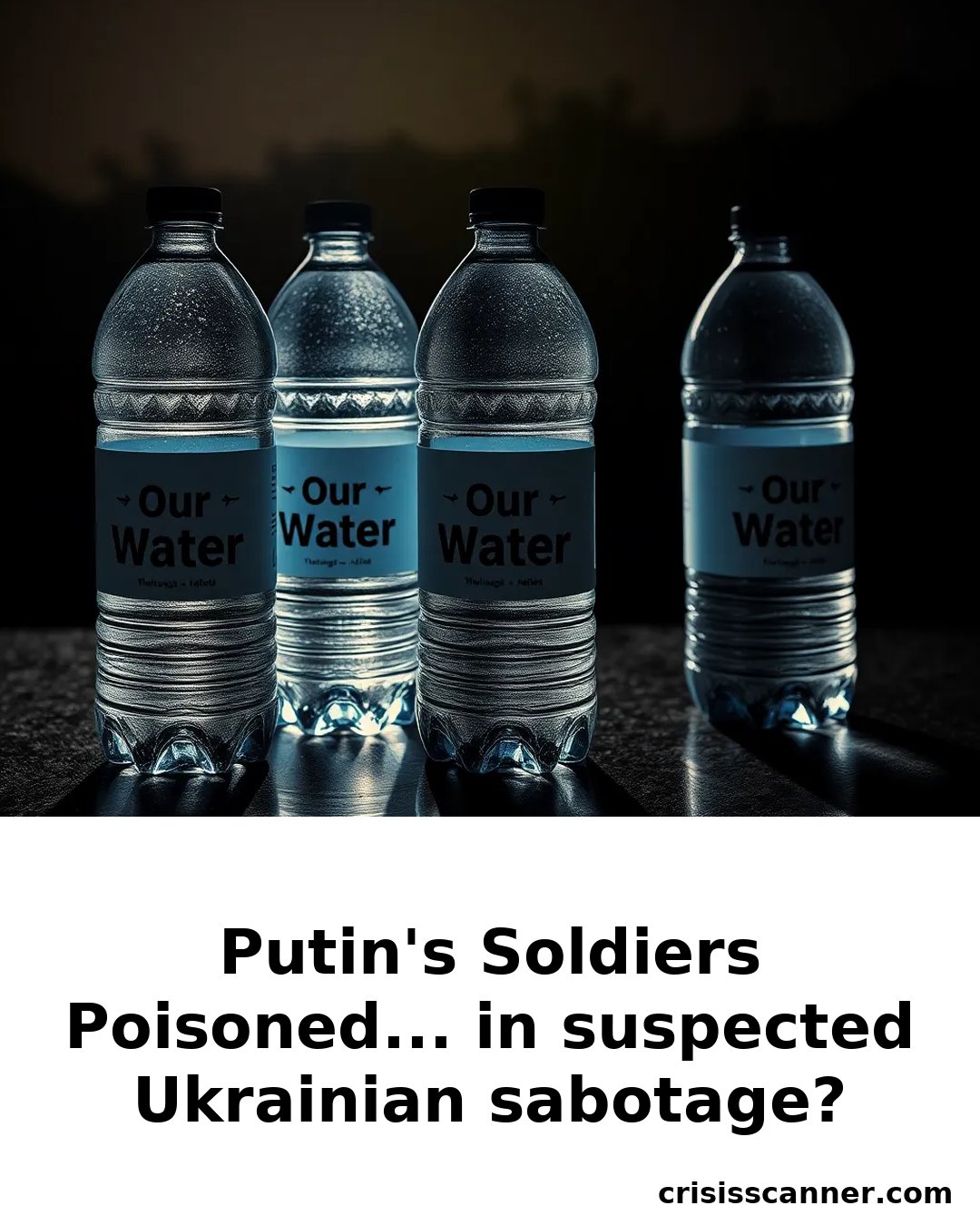The reported poisoning of Russian soldiers with contaminated water in Donetsk underscores the asymmetric nature of modern hybrid warfare. Such covert operations aim to destabilize Russian military cohesion without direct combat, reflecting Ukraine's strategic shift towards sabotage and psychological warfare.
For Putin, this incident threatens to undermine troop confidence and could be exploited domestically to question military resilience. The use of humanitarian aid as a Trojan horse signals a new front in the proxy conflict, raising concerns about escalation and the potential for more clandestine operations.
This event also highlights the vulnerability of supply chains in wartime, emphasizing the importance of intelligence and counter-sabotage measures. Politically, it may harden Kremlin rhetoric and justify increased military crackdowns, while also prompting international scrutiny over the clandestine aspects of Ukraine's resistance. As both sides escalate, the risk of broader conflict escalation remains, with implications for global stability. Read the full story at the source.
























